Everybody’s talking about nuclear war with Russia right now and it bugs me, not least because I’ve seen this nuclear frenzy before. Now, I think people have good reason to be worried about Russian nuclear use, as I wrote some five months ago. But...
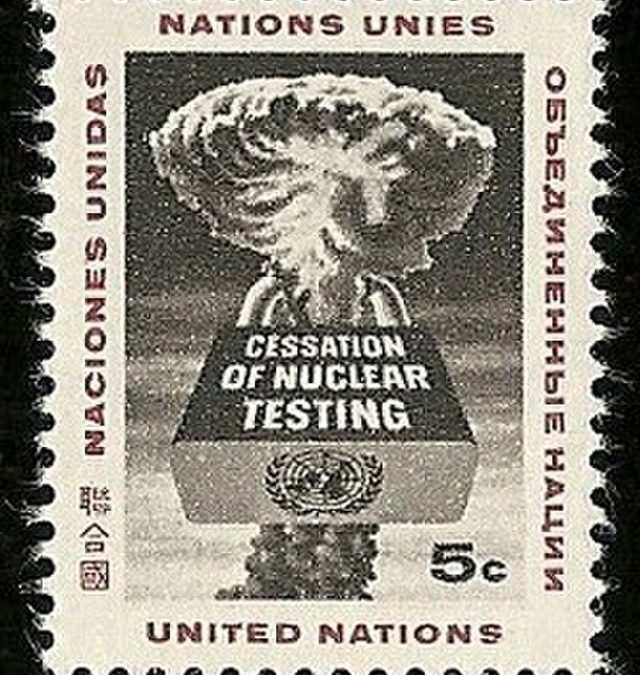

Everybody’s talking about nuclear war with Russia right now and it bugs me, not least because I’ve seen this nuclear frenzy before. Now, I think people have good reason to be worried about Russian nuclear use, as I wrote some five months ago. But...
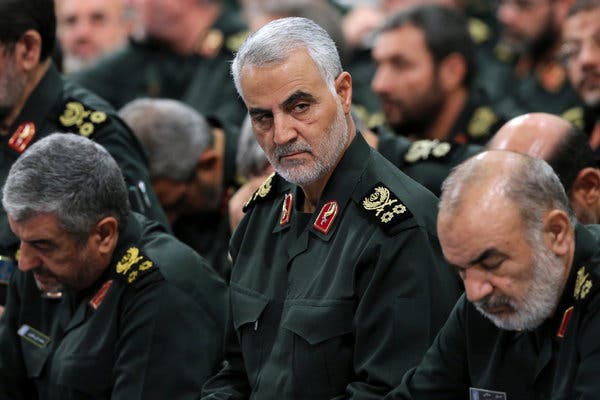
Depending on your Twitter addiction, you either went to sleep or woke up with the news that America had assassinated Qassim Suleimani, the commander of Iran's Quds force. Suleimani was one of the...
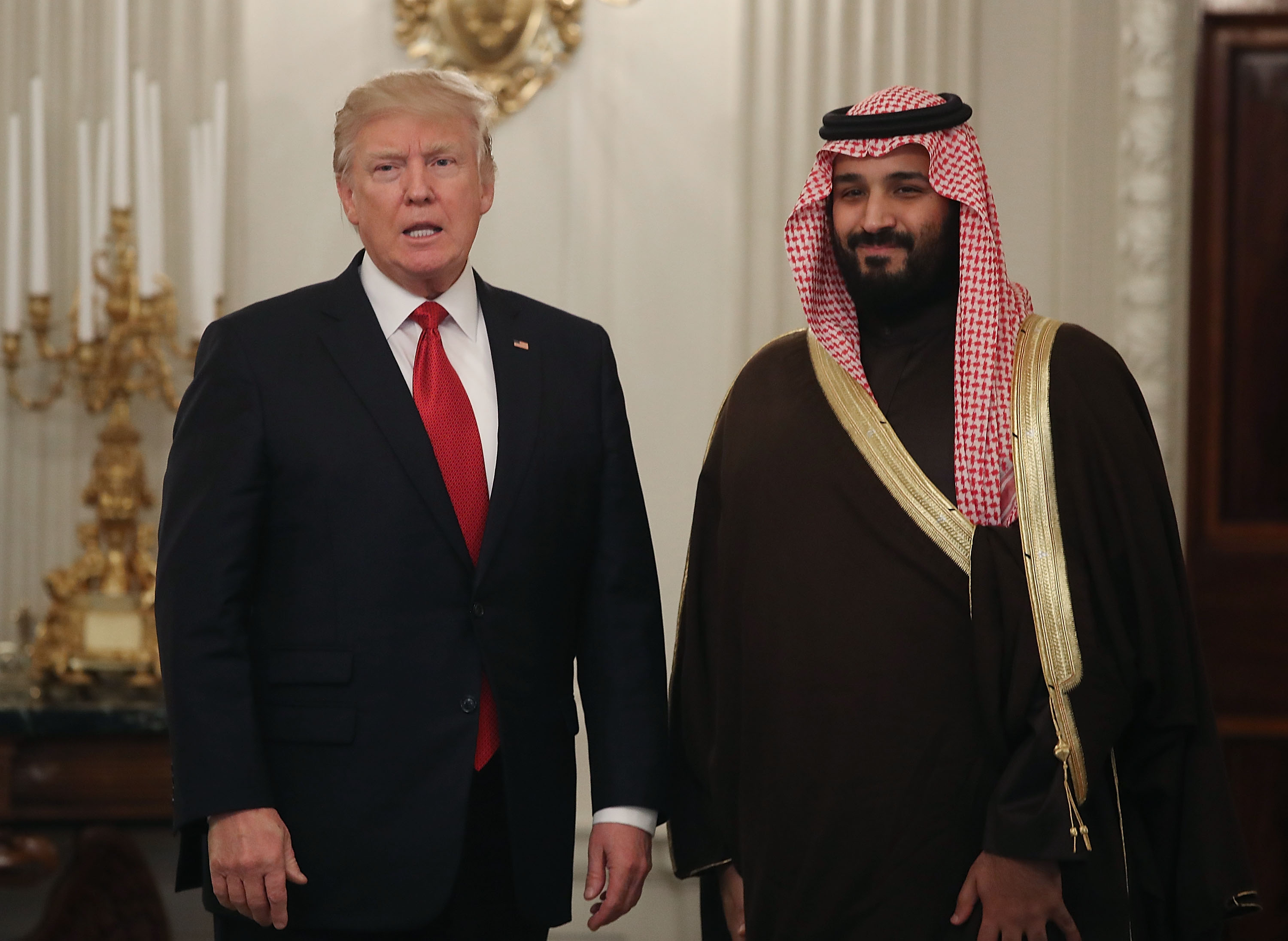
I had a piece in the Washington Post's "Monkeycage" over the weekend, which you can read here. I noted that many worry Saudi Arabia and the UAE will pull America into war with Iran. But it actually...
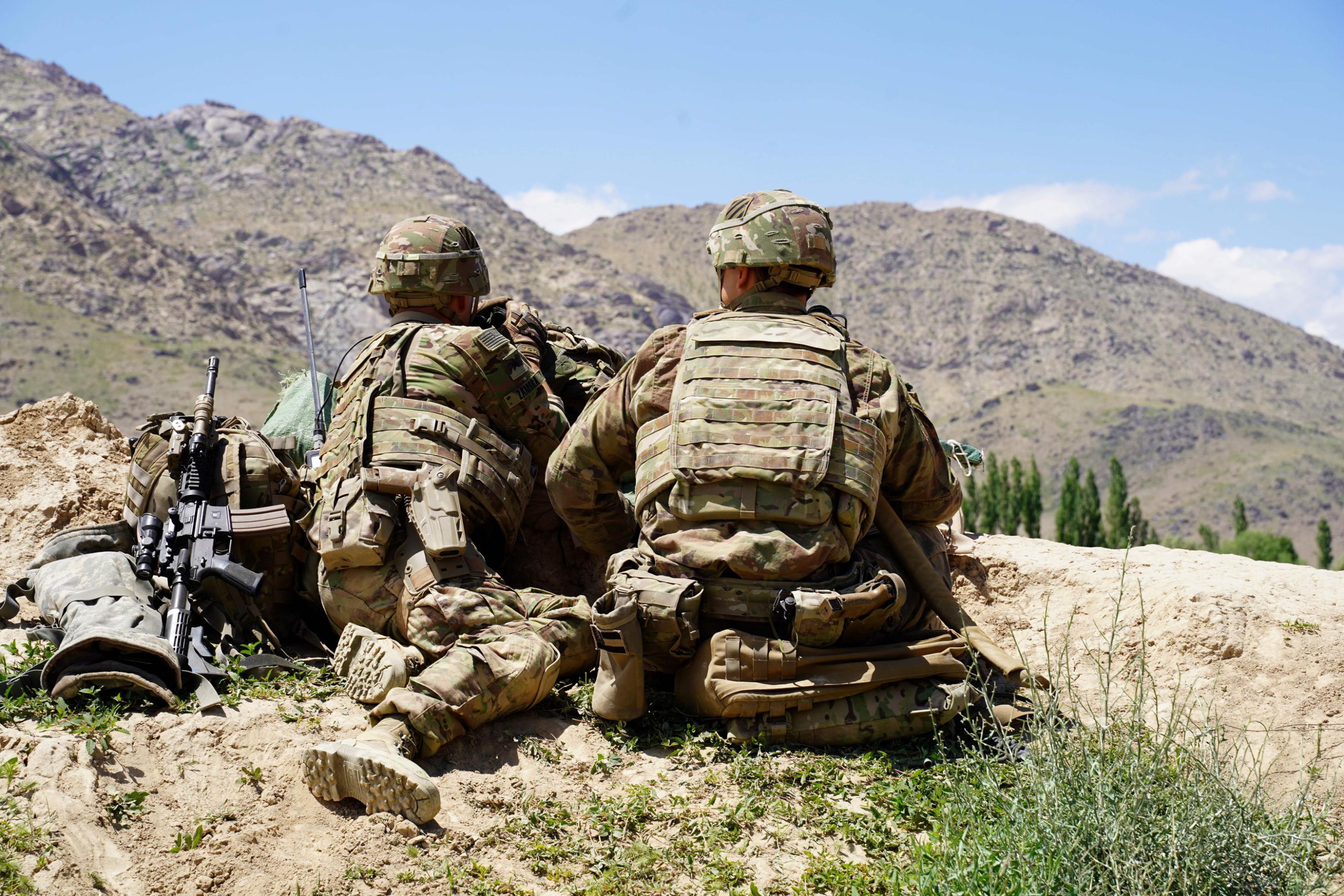
Today, Ryan Crocker--career foreign service officer and former Ambassador to Iraq and Afghanistan--wrote an op-ed in the Washington Post criticizing its criticism of the Afghanistan war he oversaw....

In late May, the People’s Republic of China (PRC) released a white paper on China’s Military Strategy. This public release is the first of its kind, and it has received relatively little attention in the broader media. While much of the strategy is of no big surprise (broad and sweeping claims to reunification of Taiwan with mainland China, China’s rights to territorial integrity, self-defense of “China’s reefs and islands,” a nod to “provocative actions” by some of its “offshore neighbors” (read Japan)), there was one part of the strategy that calls for a little more scrutiny:...
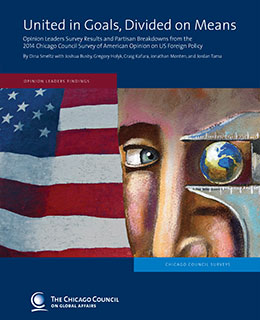
For the past two years, Jon Monten, Jordan Tama, and I have been working with the survey team at the Chicago Council on Global Affairs (Dina Smeltz and Craig Kafura) to revive the leader surveys that the Council used to run alongside their foreign policy opinion surveys of the American public. Because of the expense and the difficulties of getting responses, the Council discontinued those surveys in 2004, leaving academics with really limited options for comparing public and elite attitudes. With the release of a Council report and a recent piece ($, DM me for a PDF) in Foreign Affairs, we...

I have yet to weigh in on the recent hack on the Office of Personnel Management (OPM). Mostly this is due to two reasons. First is the obvious one for an academic: it is summer! But the second, well, that is due to the fact that as most cyber events go, this one continues to unfold. When we learned of the OPM hack earlier this month, the initial figures were 4 million records. That is, 4 million present and former government employees’ personal records were compromised. This week, we’ve learned that it is more like 18 million. While some argue that this hack is not something to be...

With much attention being given to the passage of the 2015 USA Freedom Act, there is some odd silence about what the bill actually contains. Pundits from every corner identify the demise of section 215 of the Patriot Act (the section that permits the government to acquire and obtain bulk telephony meta data). While the bill does in fact do this, now requiring a “specific selection term” to be utilized instead of bulk general trolling, and it hands over the holding of such data to the agents who hold it anyway (the private companies). Indeed, the new Freedom Act even “permits” amicus curiae...
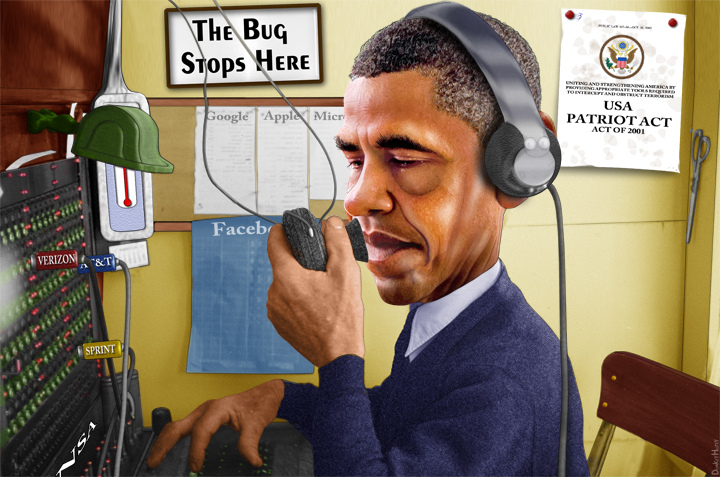
The Department of Defense’s (DoD) new Cyber Strategy is a refinement of past attempts at codifying and understanding the “new terrain” of cybersecurity threats to the United States. While I actually applaud many of the acknowledgements in the new Strategy, I am still highly skeptical of the DoD’s ability to translate words to deeds. In particular, I am so because the entire Strategy is premised on the fact that the “DoD cannot defend every network and system against every kind of intrusion” because the “total network attack surface is too large to defend against all threats and too vast to...

This past week I was invited to speak as an expert at the United Nations Informal Meeting of Experts under the auspices of the Convention on Certain Conventional Weapons (CCW). The CCW’s purpose is to limit or prohibit certain conventional weapons that are excessively injurious or have indiscriminate effects. The Convention has five additional protocols banning particular weapons, such as blinding lasers and cluster bombs. Last week’s meetings was focused on whether the member states ought to consider a possible sixth additional protocol on lethal autonomous weapons or “killer robots.” My...
I have written before about my Rummy experiences, but wanted tor revisit after seeing this post yesterday at vox. I was able to dig through Rummy's website and found the document that spawned a heap of paperwork at my desk on the Joint Staff. In the aftermath of 9/11, many allies, partners and others offered to help the US, and since Rumsfeld didn't want allies on the battlefield (with a few exceptions), he wanted to use these offers to get the US out of a variety of commitments around the world. Backfill refers to finding other forces to fill the gaps after one removes one's troops. I...
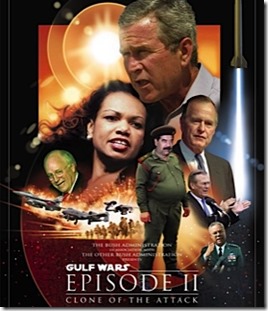
Last week Joe Scarborough from Politico raised the question of why US foreign policy in the Middle East is in “disarray.” Citing all of the turmoil from the past 14 years, he posits that both Obama and Bush’s decisions for the region are driven by “blind ideology [rather] than sound reason.” Scarborough wonders what historians will say about these policies in the future, but what he fails to realize is that observers of foreign policy and strategic studies need not wait for the future to explain the decisions of the past two sitting presidents. The strategic considerations that shaped...